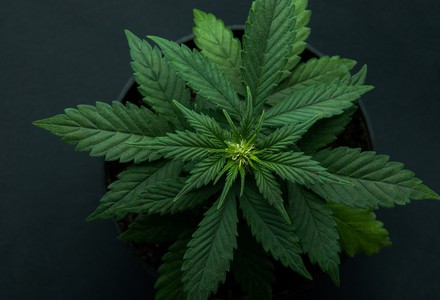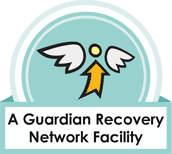If you live in Florida and use marijuana, either medically or illicitly, you may find yourself scratching your head. But not because marijuana makes your head tingle, or because you can’t remember things (though marijuana may cause that to occur). No, your confusion may be due to the legality of using marijuana after the passing of Amendment 2 last November. But, first a little Florida medical cannabis history.
In 2014 Florida voters voted to legalize medical marijuana. However, unlike other states with such programs, it only legalized a strain of medical cannabis low in tetrahydrocannabinol (THC). Meaning the cannabis was low in euphoric properties. The strain is rich in cannabidiol, and was meant to be used for seizure patients, Orlando Weekly reports. The bill that Florida legislators passed was not intended for patients with other debilitating or painful health conditions.
As you can probably imagine, whether you live in Florida or not, voters were hardly satisfied. This is why they voted and passed Amendment 2, which broadened the scope and scale of the program. Increasing the number of conditions that could qualify a patient for medical marijuana. It also opened the door for other, THC-rich cannabis strains. Conditions that now qualify patients for the green medicine now include:
- Cancer
- Epilepsy
- Glaucoma
- AIDS
- Crohn’s Disease
- PTSD
- Parkinson’s Disease
- ALS
- Multiple Sclerosis
- Other “debilitating medical conditions,”?
Recreational Marijuana Use?
While Orlando decriminalized small amounts of marijuana for recreational use, the drug is still illegal. Both across the state and on the federal level. This means if you are caught possessing under 20 grams you could be slapped with a fine. This information is meant to be informative, not an endorsement for recreational “pot” use. While there is little doubt as to whether marijuana is safer than opioids, it still can negatively impact one’s life.
Forget what you have seen on TV or in the movies. Stereotypes of the drug are presented: A harmless picture of the use and dependence. Cannabis can be habit forming, causing dependence and leading to addiction. Habitual users often undergo withdrawal symptoms when attempting to abstain. Those who use marijuana are more likely to use and misuse other narcotics. When it comes to young people who use the drug, research has found a correlation with mental illness development. One study showed that teens who smoked pot at least five times, were twice as likely to have developed psychosis over the next 10 years.
The point is, safer doesn’t mean safe. True, it is far less common to see people in addiction treatment centers for cannabis use disorder, than opioid use disorder. But that doesn’t mean that cannabis addicts should avoid treatment. Or that their use condition is not relevant.
Cannabis Use Disorder Treatment
In fact, the number of people voluntarily seeking addiction treatment for marijuana is on the rise, according to the National Survey on Drug Use and Health. So, if you use marijuana chronically and it is impacting your life in negative ways, don’t think you do not qualify for treatment. You may not require inpatient, residential treatment. But that doesn’t mean you can’t benefit from an intensive outpatient program (IOP).
Please contact Guardian IOP, if you feel that your cannabis use has become untenable. Our comprehensive gender-specific program has helped a significant number of people with a cannabis use disorder. We can help you learn how to live life, on life’s terms—without marijuana.

Reviewed for accuracy by:
Anna Marie Barrett LCSW, CYT
Anna earned her Masters of Social Work at Barry University in Miami, FL in 2017 and completed her internship in co-occurring disorders. Anna has a Bachelors of Art in Religious Studies from Naropa University and is a certified yoga and meditation instructor. Anna has received specialized training in somatic counseling with an emphasis on body-centered psychotherapy.




















